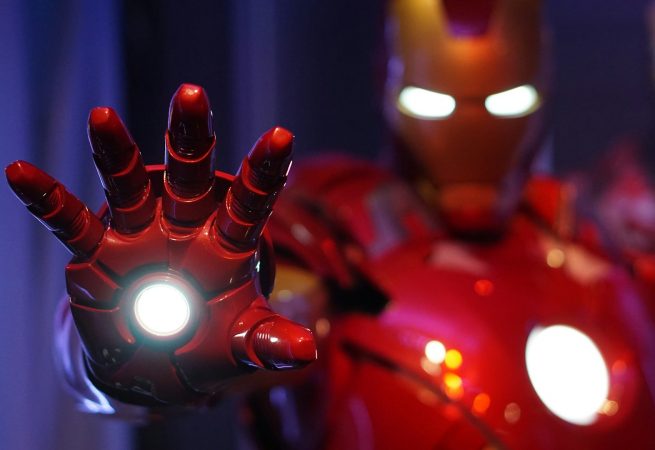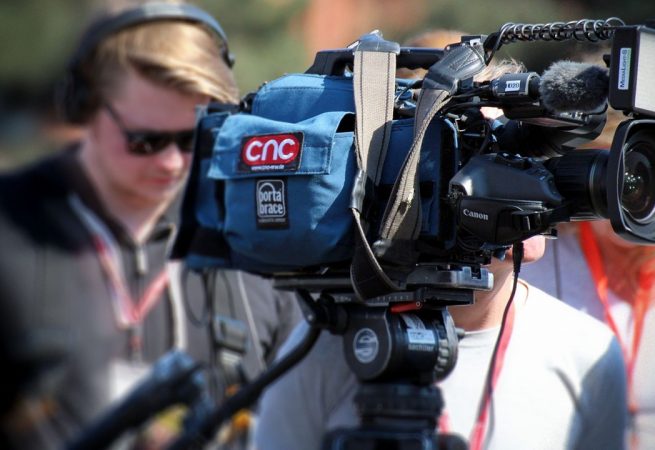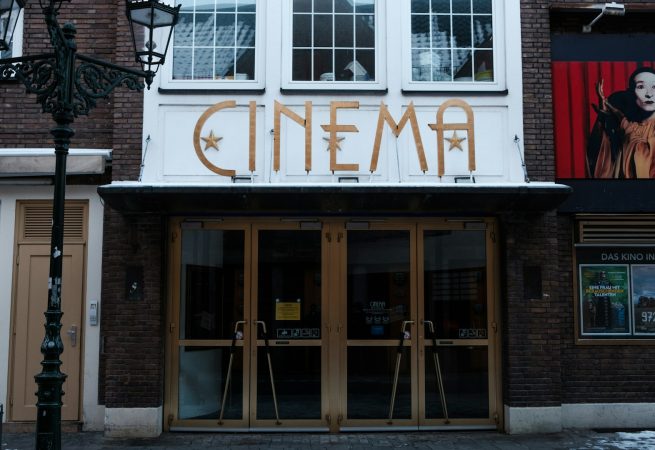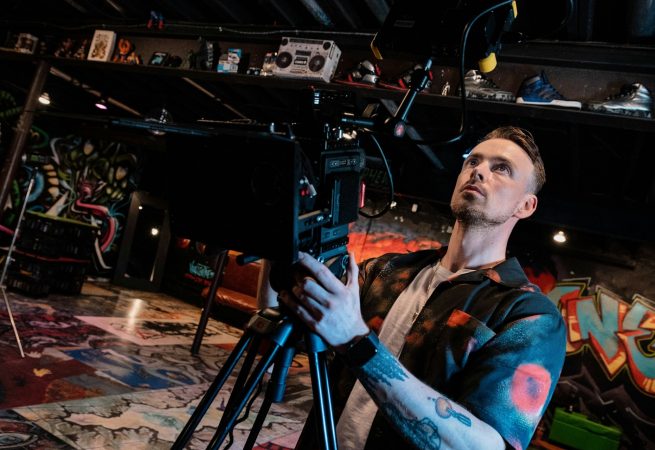
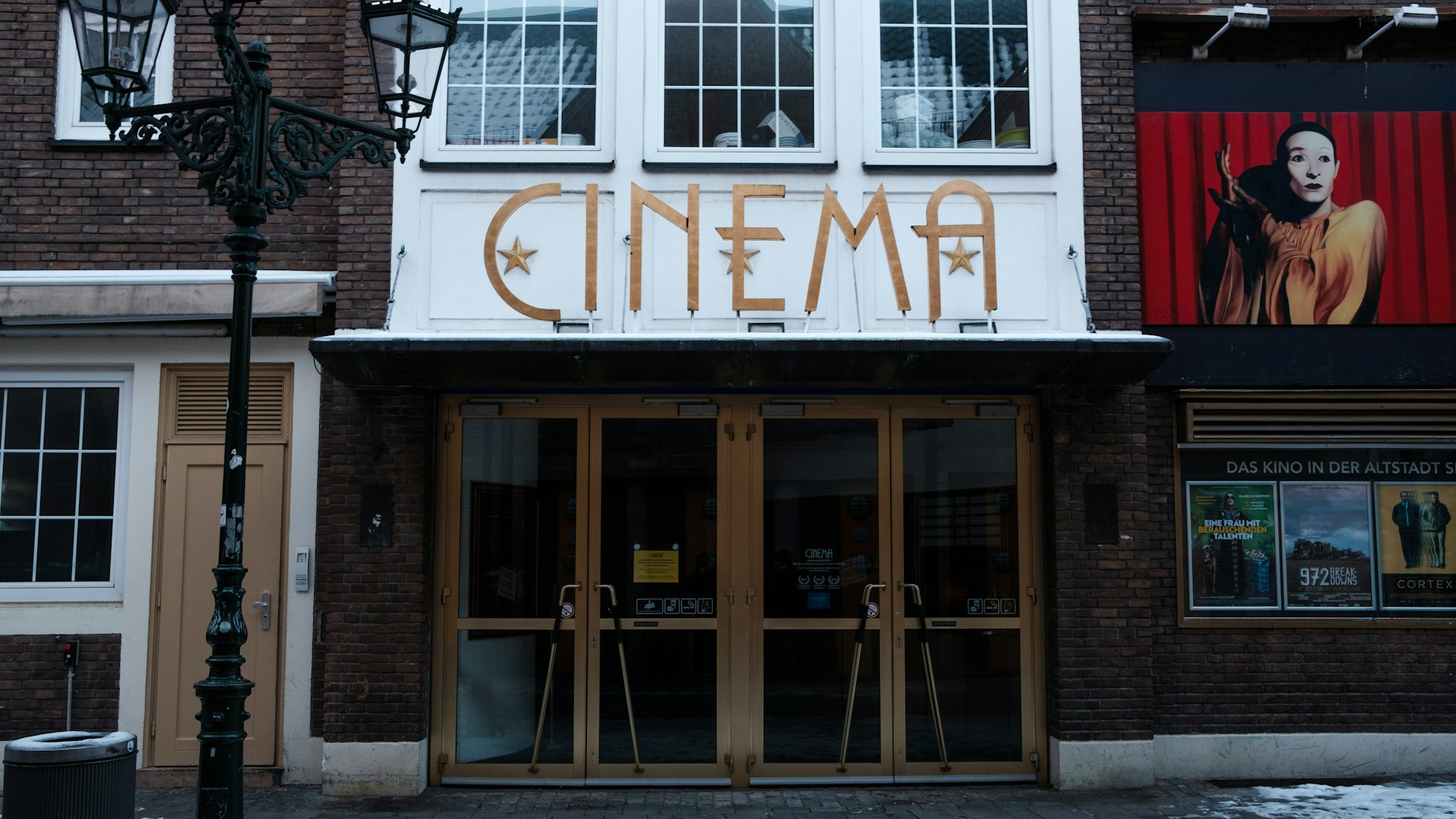
Schlaumeier and the Magic Lamp: Berlinale Opener “The Light” Falls Short
The opening film of the 75th Berlinale, The Light, follows a Berlin family and their Syrian housekeeper on a journey of self-discovery. Director Tom Tykwer pushes his fascination with the esoteric to the limit—only to stumble spectacularly.
Everything happens at once, and everything is somehow interconnected. This is made clear right from the start of Tykwer’s The Light, which was chosen to open this year’s Berlinale. The film’s opening montage, accompanied by a softly advancing string score, introduces the affluent but emotionally detached Engels family, living in a spacious period apartment in central Berlin. Though they reside under the same roof, they largely exist in isolation from one another. Tykwer leans heavily into clichés as he sketches out their parallel lives.
VR Loneliness and Party Affection
Mother Milena (Nicolette Krebitz) frequently flies to Kenya, where she is overseeing the construction of a theatre funded by ministry grants. Even when she is in Berlin, she remains absorbed in her phone, her mind elsewhere. Father Tim (Lars Eidinger) spends his days sprawled on a leather sofa in his advertising agency, endlessly explaining the world to those around him in a classic display of “mansplaining.” Their 17-year-old daughter Frieda (Elke Biesendorfer) drifts through Berlin’s nightlife in a haze, entangled in drug-fuelled embraces with her friends, while only expressing disdain for her parents. Meanwhile, her twin brother Jon (Julius Gause) barricades himself in his chaotic room, immersing himself in a complex virtual reality game.
Amid this dysfunction, the family’s Polish housekeeper suffers a fatal heart attack, lying unnoticed in the kitchen for hours before her self-absorbed employers finally discover her body. Enter Farrah (Tara Al-Deen), a Syrian refugee who lives in a shared apartment with other displaced women and carries a mysterious past. She eventually becomes the Engels’ new housekeeper, introducing an unusual therapy involving a flickering “magic lamp,” which appears to give the film its title. When directed at the face with closed eyes, this strobe-like light is said to induce altered states of consciousness.
Eidinger Strips Down
It rains. And rains. And rains. Tim repeatedly enters the flat, dripping wet in a sodden rain poncho, leaving a trail of water in his wake. At other times, he strips completely naked upon arrival and spends the rest of the evening parading around the apartment unclothed. Anyone who previously dismissed the stereotype of Lars Eidinger’s penchant for on-screen nudity will find no counterarguments here. But why all the rain? The answer, revealed at the film’s end, is a painfully sentimental and politically fashionable twist, best left undisclosed.
“Schlaumeier,” Tim remarks to Farrah at one point, when she explains the dynamics of his family to him. He means it kindly, though with a hint of condescension. Yet, Farrah soon becomes a wise confidante to all four family members. Each, in their own way, hopes for a fundamental change in their lives and relationships. They all seek self-discovery, and each eventually confides their deepest secrets to Farrah—or only comes to realise them through their interactions with her.
Farrah Has Her Own Agenda
However, Farrah has an agenda of her own—though revealing it would be a spoiler, despite the fact that the film’s direction soon becomes apparent. Suffice it to say, her magic lamp plays a pivotal role in guiding the family toward a different state of being.
It is not just Farrah who plays the role of the all-knowing “Schlaumeier”—director and screenwriter Tykwer does the same, weaving intricate connections between all elements of the story. Yet, in doing so, he completely overreaches. This applies not just to the film’s philosophical scope, but also its sheer length: The Light runs for a staggering 162 minutes.
The Loss of Playfulness
Tykwer has always had a leaning towards the esoteric. His breakout film, Run Lola Run, which followed Franka Potente’s character through three variations of events in an attempt to save her boyfriend, was ultimately an experiment in parallel realities. Similarly, Cloud Atlas, co-directed with the Wachowskis, spanned multiple centuries to explore mystical connections between lives.
However, where Tykwer’s earlier films combined weighty themes with an element of playful curiosity, The Light lacks this quality. Instead, it drifts into self-indulgent sentimentality. Overly enamoured with its own ideas and references, Tykwer’s latest opus becomes a grand, self-referential spectacle—one that ultimately loses its way.

Jeremy Clarkson and Lisa Hogan: The Age Gap Love Story Behind Clarkson’s Farm
As the third season of Clarkson’s Farm premieres on Amazon Prime Video, viewers once again get an intimate look at the rural adventures of Jeremy Clarkson and his partner, Lisa Hogan, at Diddly Squat Farm. Their relationship has sparked curiosity among fans, particularly regarding the age gap between them.
Lisa Hogan, an Irish former model and actress from Dublin, is currently 50 years old. She attended Alexandra College in Milltown and has built a diverse career, working as a model, artist, and actress. In 1997, she was selected by actor John Cleese to feature in the comedy film Fierce Creatures, marking a significant moment in her career.
Jeremy Clarkson, on the other hand, was born in April 1960 in Doncaster, making him 64 years old. Before becoming a household name, he helped his parents sell Paddington Bear toys—a venture that eventually led to their financial success. His rise to fame as a journalist and television presenter is well documented, with his tenure on Top Gear cementing his reputation as one of Britain’s most recognisable media personalities.
Despite a 14-year age difference, Jeremy and Lisa’s relationship has gone from strength to strength since they were introduced by mutual friends at a party in 2017. While they come from different backgrounds, their shared experiences at Diddly Squat Farm have brought them closer, navigating both the rewards and difficulties of rural life together.
The upcoming season of Clarkson’s Farm sees Lisa facing new hurdles as she takes charge of the farm shop. Land agent Charlie Ireland issues a stark warning about potential legal consequences should she continue selling products from outside a 16-mile radius. The regulation presents a significant challenge to the farm’s business model, and Lisa finds herself at a crossroads.
In a candid admission ahead of the new season, Lisa revealed she was prepared to take a legal risk for the team. “I was willing to take one for the team, literally,” she stated. “You pay so much in business rates and taxes, and then the same system uses that money to fight against you—it doesn’t make sense.”
Despite the obstacles, Lisa remains pragmatic about the situation, acknowledging an unintended benefit from the strict local sourcing rule. “It seems like an odd approach,” she remarked. “But in a way, the council has actually done me a favour. If it weren’t for their restrictions, I wouldn’t have discovered half of my suppliers. I had to dig deep to find businesses within 16 miles, and that’s been a silver lining. But I do think they sometimes overreact.”
With Clarkson’s Farm returning to screens, fans can expect more drama, humour, and insight into the trials and triumphs of life on Diddly Squat Farm. As Jeremy and Lisa continue to navigate the ever-changing landscape of farming regulations and business challenges, their partnership remains a central part of the show’s charm.



